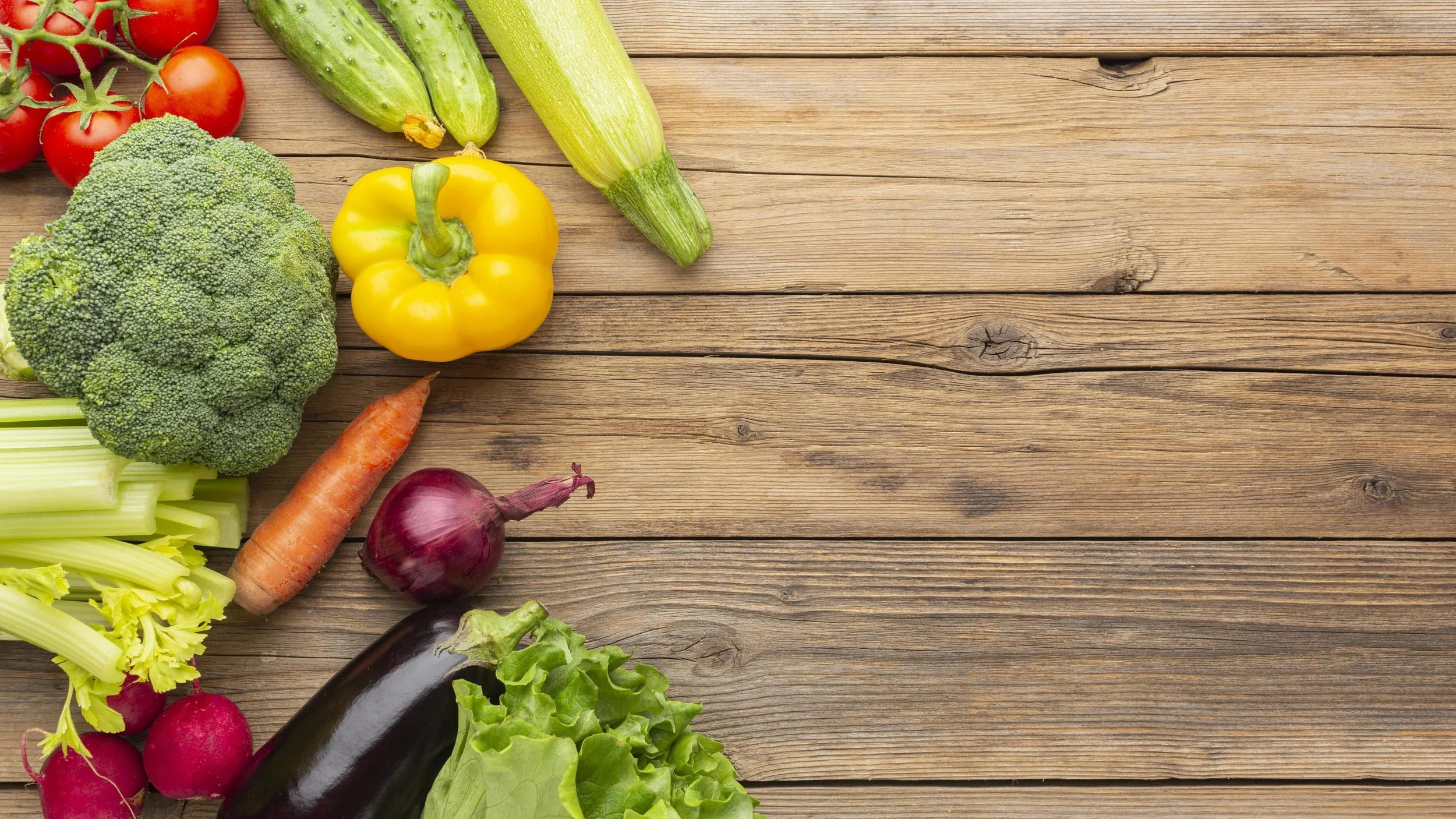
Managing stress and keeping your life balanced
Services
-

Stress Management for Business
-

Individual and Personal Stress Management
-

"Find Your Balance" Programme and Workshops
-

Meditation and Chi-Kung practice
Balance mind and body
Learn how to manage your stress and help those around you. Follow the proven method of self-diagnosing your symptoms and sources of stress, how to manage and cope with them, and tools and exercises you can use on a daily basis to maintain your own rhythm in your life.
Stress can be caused by imbalances in physical, psychological, and emotional habits, as well as lifestyle.
Restoring balance at a physical level, with physical exercise and a balanced diet, is fundamental to the issue of stress, as the intestines, mind, and emotions are closely linked.
Conscious breathing and presence are fundamental to realizing what each situation is causing, not responding, and living on autopilot, which is both a cause and a symptom of stress.
A few minutes of daily meditation practice has been scientifically proven to alter the flow of thoughts about the past or future, reducing worry and anxiety. It also alters the automatic emotional response and allows us to work on fear and control, major stress factors.
Creativity is fundamental in stress management: as a decompressant, it strengthens focus and as a creative meditation, it simultaneously works on creativity and the flexibility of the mind in stressful situations.
Finally, the relationship with nature, and breathing in nature, are fundamental therapies for stress management, which also allow for a change of pace and greater awareness and presence of what surrounds us and what is happening inside.
basic principles
Personalised
Because we are not all the same, all services and therapies are tailored to the specific needs of each individual or organisation through a preliminary diagnostic and assessment interview.
Confidentiality
We strive for discretion and confidentiality, from booking services to sharing information.
Expertise and quality
All therapists and partners are selected on the basis of their knowledge, practice and quality of service.
“I learned something very important, that stress and anxiety were inside me."
— Entrepreneur










